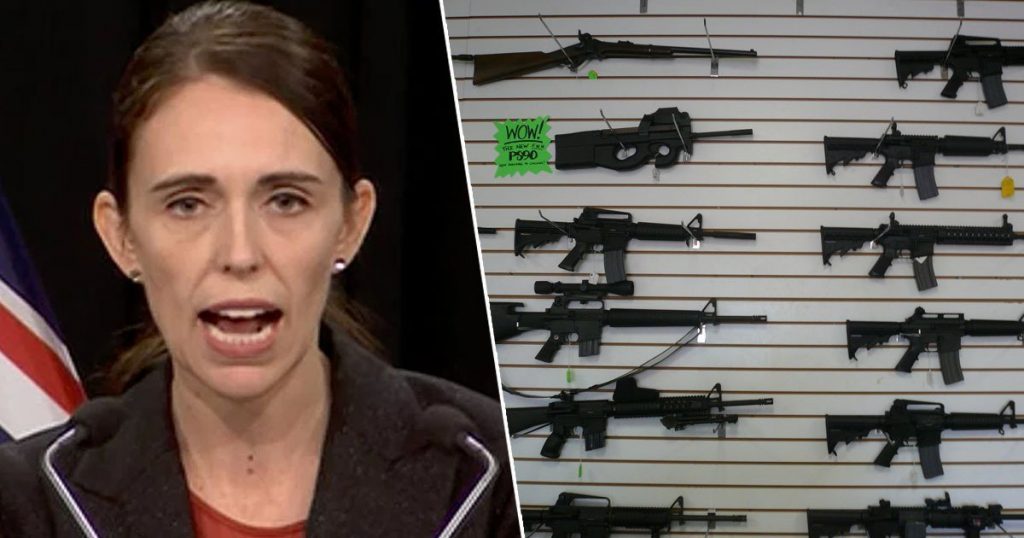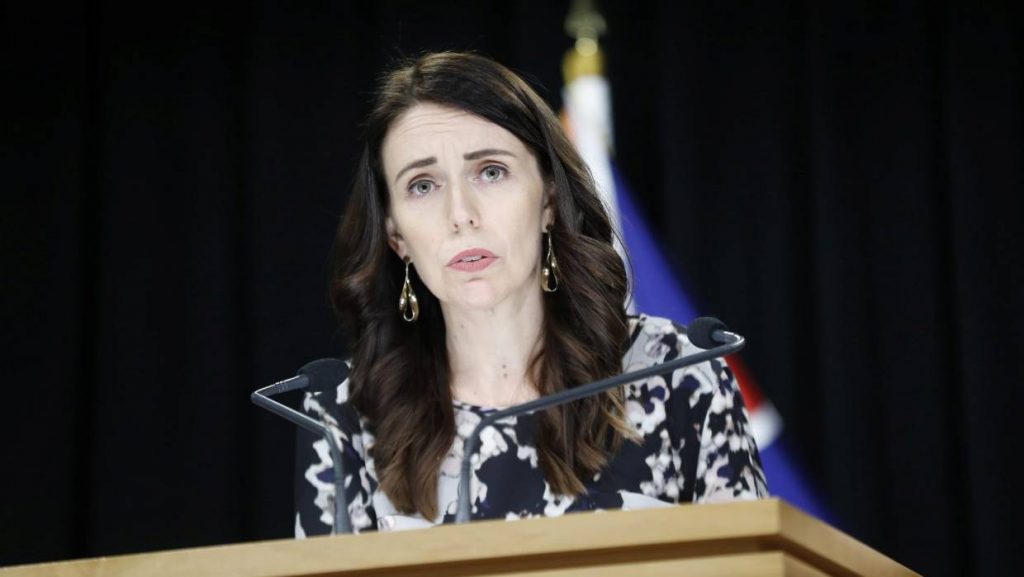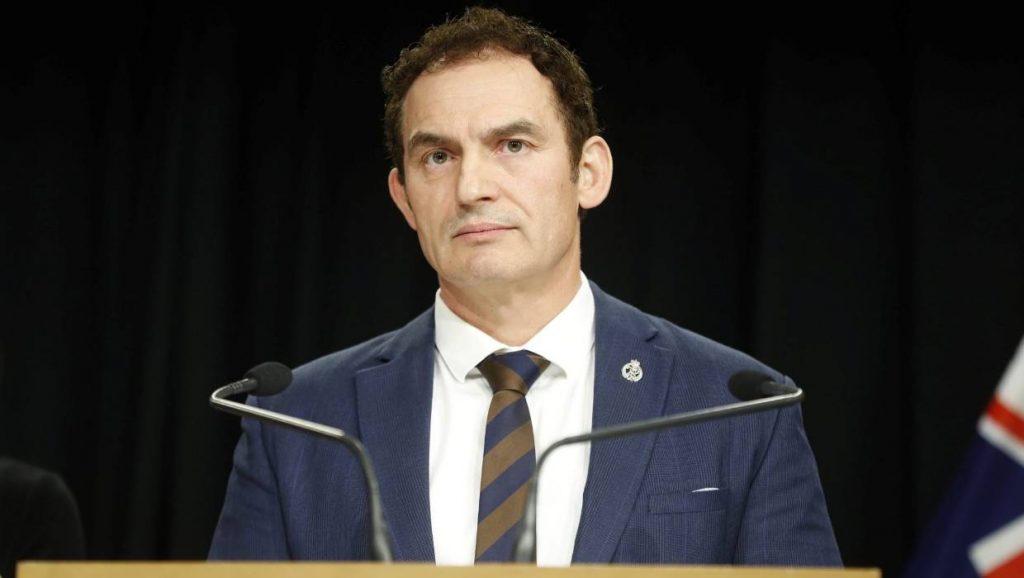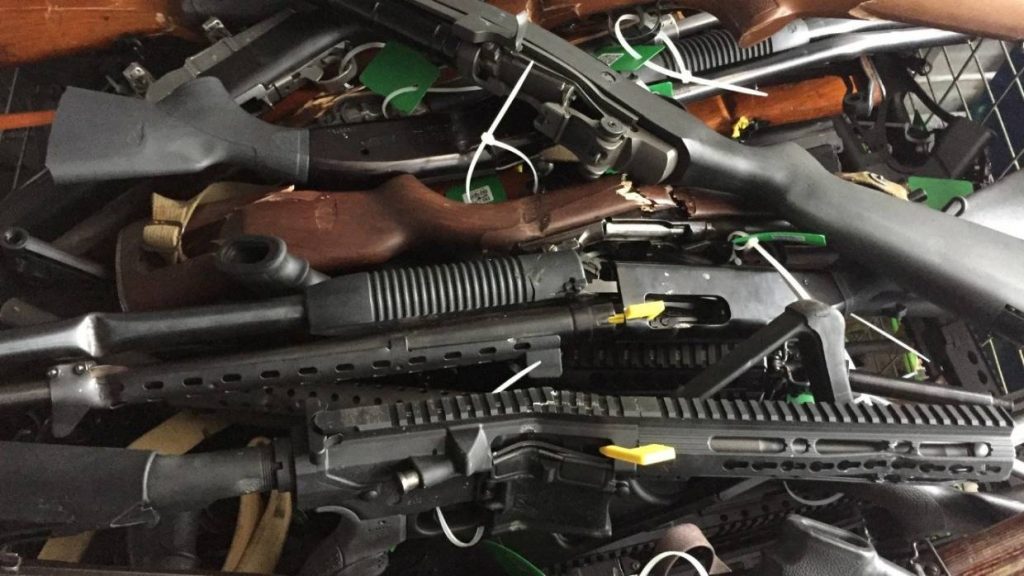

Prime Minister Jacinda Ardern said the Government wanted to make sure it got the buyback fully bedded in and the collection regime under way before announcing a second tranche of gun laws.
By Thomas Manch and Tom Kitchin
Firearm owners will have to register their guns amid the largest changes to gun laws in decades.
Prime Minister Jacinda Ardern announced details of the firearm law overhaul on Monday, saying it would come with a message ingrained in law: firearm ownership is a privilege and not a right.
Ardern said New Zealand had reached a “new normal around firearms” after the March 15 terror attack.
The Government is seeking cross-party support the latest reform effort, but already resistance to the a firearm register – a contentious measure linking gun serial numbers to licence holders – is fomenting.
National police spokesman Brett Hudson signalled the party would take issue, saying announced reforms would impose more regulation and cost on New Zealanders, instead of focusing on those breaking the law.
ACT MP David Seymour joined members of the firearms community in pointing to similar measures overseas, saying registers had been costly and yielded little tangible benefit
The new bill was yet to be drafted and the full cost of the reform remained uncertain. Broad estimates indicated the total reform package may cost between $42 million and $53m over the course of a decade.
Other reforms announced on Monday include: halving the 10-year licence expiry to five years; barring visitors to New Zealand from purchasing firearms; more powers for police to take guns; requiring a firearm licence for ammunition and parts purchases, and registering the country’s estimated 260 gun clubs.
The ability for firearms owners to privately buy and sell guns will remain, and new rules around advertising firearms will be put in place.
Social media will be among the sources of information that police can inspect for flags that someone should not have a licence firearms licence.
“If someone is very openly espousing violent views, talking about for instance wanting to kill others, I think rightly, New Zealanders would say that’s ground to say that’s ground to say they’re not a fit and proper person,” Ardern said.

The “fit and proper” qualification will be brought into law, meaning an applicant will be barred from a licence if they are subject to a protection order, have abused substances, committed serious offences such as violence, gang activity, misuse of drugs, or firearm offences.
Such a “fit and proper” qualification already existed in police practice, but had been challenged, Ardern said.
Police Minister Stuart Nash said an online firearm register would be rolled out over five years.
“What we don’t want to do is have a system, which has a massive administration burden on police, or a huge compliance onus on gun owners.
“In the past it’s been tried outside the technological advances we now have in place.”
Both Ardern and Nash indicated licensing fees, currently set at $126.50 for new licences and renewals, would change. New firearms offences and penalties are likely to be put in place.
The police arms office has run at a deficit for years. Police collected $4m in revenue from Arms Act services in 2017-18 and $5.4m the year prior, while the office’s running cost came in at $13m a year.
Nash expected the new law would be introduced in August, with a three-month select committee process to follow.

Outside of Parliament, Federated Farmers said the misgivings and practicality of a register would likely dominate feedback from farmers, while other tightening controls would likely be supported.
Gun City owner David Tipple believed the register would be a “waste of police time”.
“We’ve tried it before, it never solved the crime … here we go going back to wasting good police time on good citizens.”
Fish and Game senior communications advisor Richard Cosgrove said his organisation welcomed Monday’s announcement.

“We’re keen for anything that improves safety for the public.”
While the organisation had concerns about the register’s feasibility, they welcomed increases in penalties for illegal firearms users and wanted to be part of the independent advisory group.
